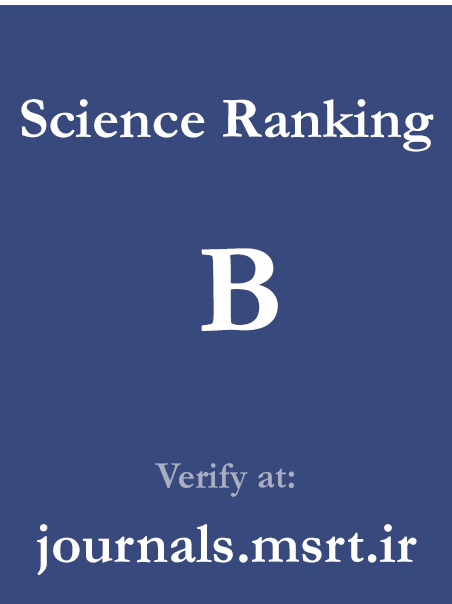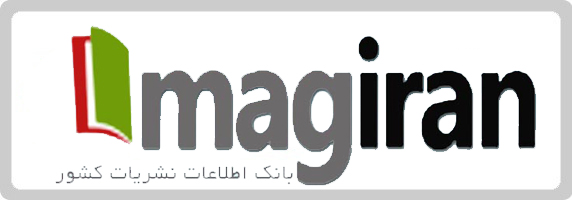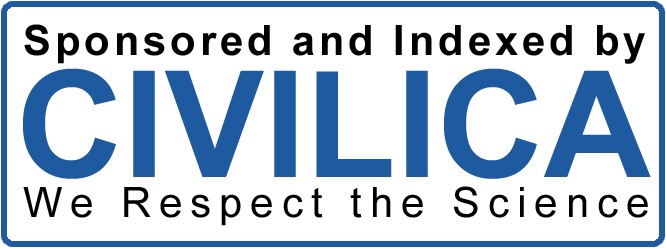Designing and Developing a Professional Development Model for Physical Education Teachers in Secondary Schools in Iraq
Keywords:
Professional Development, Physical Education Teachers, Structural Equation Modeling, Iraq, School Leadership, Educational Infrastructure, Teacher TrainingAbstract
The objective of this study was to design and validate a professional development model for physical education teachers in secondary schools across Iraq using a mixed-methods approach. This research employed a developmental and descriptive-survey methodology within a mixed-methods design. In the qualitative phase, data were collected through semi-structured interviews with 15 educational experts selected through purposive sampling until theoretical saturation was achieved. Content analysis and open-axial coding techniques were used to extract themes. In the quantitative phase, a researcher-made questionnaire based on qualitative findings was distributed to 180 physical education teachers from Iraqi secondary schools, selected using Cochran's formula. Data were analyzed using descriptive statistics, Pearson correlation, exploratory and confirmatory factor analysis, and structural equation modeling (SEM), conducted via AMOS software. The initial model included six latent constructs: teacher characteristics, managerial characteristics, school infrastructure, educational policies, information technology, and ministry training programs. Correlation analysis revealed strong and significant relationships among most variables (p < .001), except for educational policies, which showed no significant covariance with other components (p > .05). The initial covariance model demonstrated poor fit indices (RMSEA = 0.179, CMIN/DF = 5.575), leading to model revision. After excluding the educational policies dimension, the revised model yielded acceptable fit (RMSEA = 0.081, CMIN/DF = 2.507, CFI = 0.938), confirming the structural validity of the five remaining constructs in modeling professional development. The validated model highlights the central role of teacher competencies, leadership, infrastructure, digital integration, and structured training in the professional development of physical education teachers. The results underscore the ineffectiveness of disconnected policy frameworks and reinforce the need for context-responsive, resource-supported, and teacher-centered development strategies in the Iraqi educational context.
Downloads
References
1. Allen B, Menzies L, Menzies L, Ford I. The Current State of Professional Development for Teachers. ResearchGate. 2024. doi: 10.13140/RG.2.2.33506.91847.
2. Sahoo S, Panda BN. Professional Development of Teachers at Secondary Level. International Journal of All Research Education & Scientific Methods. 2024;12(3):652-9.
3. Ballenas G, Tidong YP, Granaderos RD, Tagadiad JV. Research Culture and Organizational Learning on Professional Development of Secondary Teachers. American Journal of Educational Research. 2024;11(9):580-93. doi: 10.12691/education-11-9-7.
4. Batova ОС. Professional Skill Contests as a Means of Professional Development and Self-Realization of Higher School Teachers. Penitentiary Science. 2024;18(1):108-14. doi: 10.46741/2686-9764.2024.65.1.013.
5. Geron T. “Creating Justice in My Practice”: Supporting Teachers’ Values Through Professional Development in Educational Ethics. Teachers College Record. 2025;127(3):40-66. doi: 10.1177/01614681251336676.
6. Manuzuna E, Trubnikova N, Vebster A. Management of Professional Development of Teachers by Means of Competitions of Professional Achievements. Scientific Research and Development Socio-Humanitarian Research and Technology. 2024;12(4):37-45. doi: 10.12737/2306-1731-2024-12-4-37-45.
7. Cheung AC. Teacher STEAM Education Supported by Professional Learning Communities: A Meaningful Practice of Teacher Professional Development. Science Insights Education Frontiers. 2024;20(1):3117-9. doi: 10.15354/sief.24.co249.
8. Geletu GM, Mihiretie DM. Quality of Primary School Teacher Professional Development Policy Implementation: Conceptualizing. Interchange. 2024.
9. Sotoudeh Moghadam M, Cherabin M, Akbari A, Zendedel A. Designing the Policy Model of In-Service Training Suitable for the Professional Development of Teachers. Iranian Journal of Educational Sociology. 2024;7(1):166-78. doi: 10.61838/kman.ijes.7.1.16.
10. Mehrparsa S, Bani Asadi N, Gheyumi A. Presenting a model for the professional development of teachers in the second period of secondary school based on clinical supervision. Sociology of Education. 2024;10(3):158-71. doi: 10.22034/ijes.2024.2039186.1608.
11. So-oabeb J, Du Plessis A, Masenge A. Strategies that Leadership Employ to Support Teacher Professional Development in Namibia. African Journal of Teacher Education and Development. 2024;3(1):1-10. doi: 10.4102/ajoted.v3i1.34.
12. Guindulan GG. The Influence of Collaborative Professional Development on the Self-Efficacy of Teachers. International Journal of Innovative Science and Research Technology. 2024. doi: 10.38124/ijisrt/IJISRT24AUG543.
13. Yousefzadeh Chousari MR, Amiri Mehraban K. Analyzing the professional performance of educational leaders of elementary schools from the perspective of teachers. Teacher Professional Development. 2024;9(3):1-19. doi: 10.48310/tpd.2024.16650.1680.
14. Nalbantoglu ÜY, Bümen NT. Tracing Teachers' Change of Pedagogical Design Capacity through Professional Development. The Journal of Curriculum Studies. 2024. doi: 10.1080/00220272.2024.2328083.
15. Korona M. Teachers' perceptions of media literacy competence during an online professional development. Journal of Media Literacy Education. 2024;16(1):36-49. doi: 10.23860/JMLE-2024-16-1-3.
16. Kaya R, Uyangör N, Şayik H, editors. Teachers' Views on Professional Development Activities: A Meta Synthesis Study. Proceedings of the 4th International Symposium of Scientific Research and Innovative Studies; 2024.
17. Patel D, Kim N. Differentiated Instruction in Mixed-Ability Classrooms: Experiences of Special Education Teachers. Psychological Research in Individuals with Exceptional Needs. 2024;2(3):13-20. doi: 10.61838/kman.prien.2.3.3.
18. Vorsah RE, Oppong F. Leveraging AI to Enhance Active Learning Strategies in Science Classrooms: Implications for Teacher Professional Development. World Journal of Advanced Research and Reviews. 2024;24(2):1355-70. doi: 10.30574/wjarr.2024.24.2.3499.
19. Herawati N, Jafari M, Sanders K. Teachers' Perceptions of the Efficacy of Positive Behavior Support Systems. International Journal of Education and Cognitive Sciences. 2024;5(2):8-15. doi: 10.61838/kman.ijeas.5.2.2.
20. Liang W, To J, Lo YY. A journey towards teacher empowerment in differentiated instruction: implications for a sustainable teacher professional development model. Asia Pacific Education Review. 2024;12(1):15-95. doi: 10.1007/s12564-024-09977-y.
21. Richit A, De Almeida WX. Professional Development of Professors of Prospective Teachers in Brazil. Revista Neiba Cadernos Argentina Brasil. 2024;13:e71444. doi: 10.12957/neiba.2024.71444.
22. Mamadaminova N, Khadjikhanova SR. Navigating Continual Progress: Insights into Teacher Professional Development in Uzbekistan. Kwartalnik Pedagogiczny. 2024;4(270):123-44. doi: 10.31338/2657-6007.kp.2023-4.7.
23. Yang L. The Predictive Roles of Arts Teachers’ Professional Quality and Creative Style Orientation on Their Professional Development. Journal of Law and Sustainable Development. 2024;12(1):e2582. doi: 10.55908/sdgs.v12i1.2582.
24. Suryandari KC, Rokhmaniyah R, Wahyudi W. Perspectives of Students and Teachers Form Continuing Professional Development: Challenge And ObstacleJO - AL-ISHLAH: Jurnal Pendidikan. 2024;16(2):2310-9. doi: https://doi.org/10.35445/alishlah.v16i2.4572.
25. Şahin A, Soylu D, Jafari M. Professional Development Needs of Teachers in Rural Schools. Iranian Journal of Educational Sociology. 2024;7(1):219-25. doi: 10.61838/kman.ijes.7.1.22.
Downloads
Published
Submitted
Revised
Accepted
Issue
Section
License
Copyright (c) 2024 Ahmed Sami Ismael Al-mayyahi, Asghar Sharifi, Abdulhasan Abdulameer Ahmed Al-Obaidi , Maryam Baratali (Author)

This work is licensed under a Creative Commons Attribution-NonCommercial 4.0 International License.




